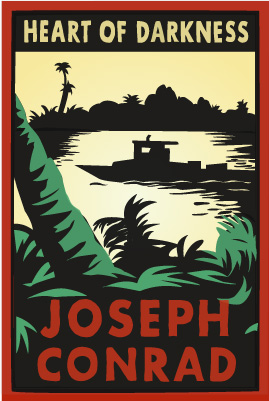apostate (noun)- person who is rejects religious, political or personal beliefs.
My father became an apostate once he rejected his position as a Democrat.
effusive (adj)- expressing feelings of gratitude, pleasure, or approval in an unrestrained or heartfelt manner
The grandmother gave an effusive welcome that smothered all the grandchildren.
impasse (noun)- situation in which no progress is possible, esp. because of disagreement
The family entered an impasse when everyone couldn't agree where to get dinner.
euphoria (noun)- A feeling or state of intense excitement and happiness
Euphoria washed over the women when her husband proposed.
lugubrious (adj)- looking or sounding sad or dismal
Although he keeps a lugubrious look, the man is almost always content.
bravado (noun)- A bold manner or a show of boldness intended to impress or intimidate
His bravado seemed to attract all the ladies.
consensus (noun)- general agreement
The family came to a consensus and decided to eat at Taco Bell.
dichotomy (noun)- division or contrast between two things that are or are represented as being opposed or entirely different.
The twins showed much dichotomy once their personalities started to develop.
constrict (verb)- to draw or press in
The pupil constricts as light passes into it.
gothic (adj)- Of or relating to the Goths or their extinct East Germanic language
The gothic charm of the place attracted many tourists.
punctilio (noun)- A fine or petty point of conduct or procedure
The plan was designed with too much punctilio and never succeeded
metamorphosis (noun)- A change of the form or nature of a thing or person into a completely different one, by natural or supernatural means.
One must go through a kind of metamorphosis in their adolescent years.
raconteur (noun)- A person who tells anecdotes in a skillful and amusing way
My uncle is a great raconteur with his stylish manner of telling anecdotes and jokes.
sine qua non (noun) -An essential condition; a thing that is absolutely necessary
Speaking is a sine qua non to getting to know a person.
quixotic (adj)- Exceedingly idealistic; unrealistic and impractical
Women tend to be much more quixotic about love.
vendetta (noun)- A blood feud in which the family of a murdered person seeks vengeance on the murderer or the murderer's family.
Vendetta was the only choice the widow wanted to make after her husband's murder.
non sequitur (noun)- A conclusion or statement that does not logically follow from the previous argument or statement.
To end in a non sequitur statement in an essay may leave the reader confused.
mystique (noun)- A fascinating aura of mystery, awe, and power surrounding someone or something
His mystique attracted many followers to his religion.
quagmire (noun)- An awkward, complex, or hazardous situation
Many politicians argue that Iraq has become a quagmire and the US should no longer be involved.
parlous (adj)- Full of danger or uncertainty; precarious
The parlous jungle was always avoided by the tour guide but this time, there was no escaping it.

